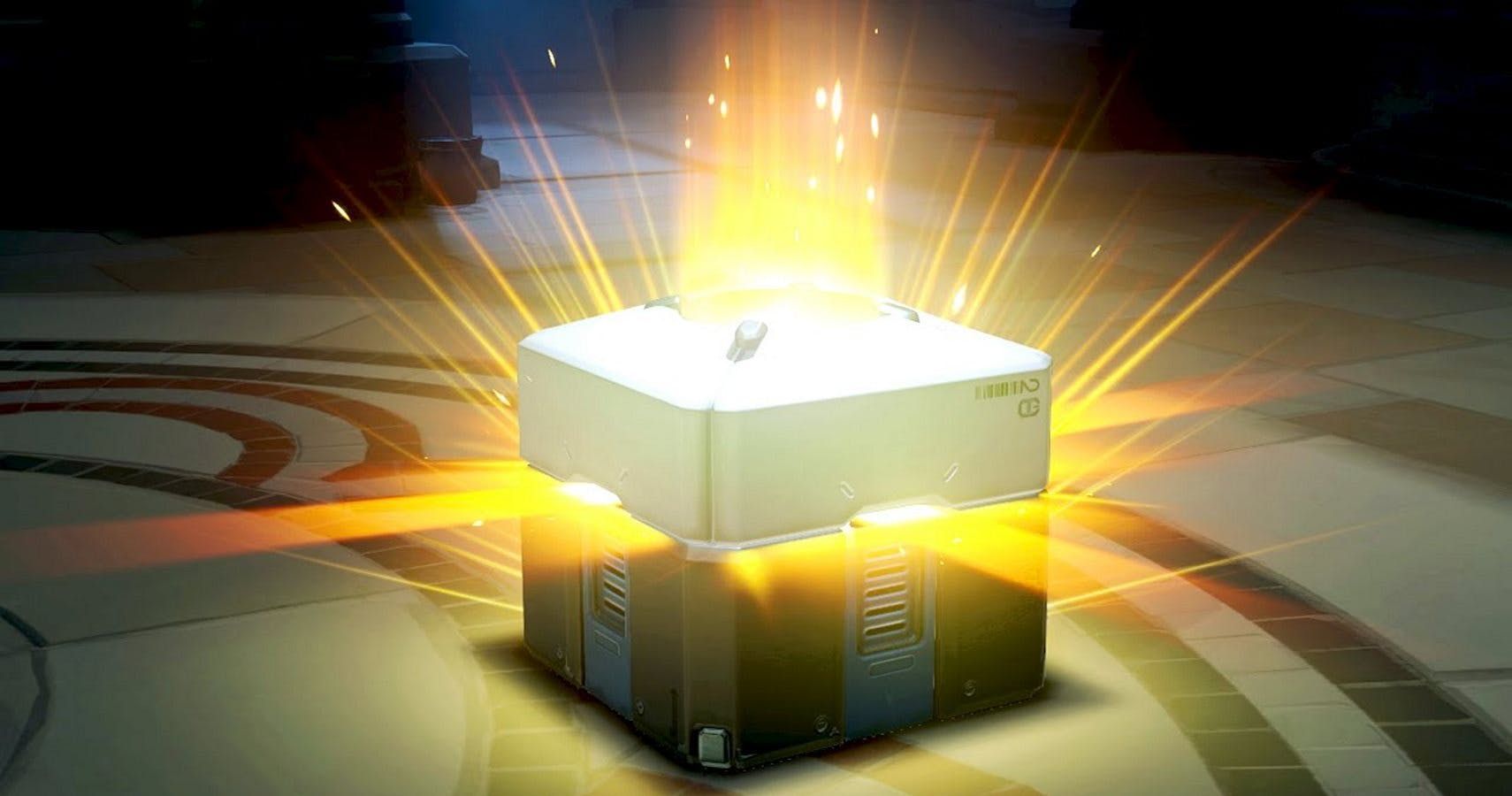The video game pundits of the Internet have written thousands of words about how microtransactions are the bane of the industry. The sad truth is that microtransactions aren't going anywhere soon, as Activision Blizzard has announced that they made over four billion dollars in 2017 from in-game purchases alone, which is over half their total earnings for the year.
This information comes from the official Activision Blizzard Fourth-Quarter and 2017 Financial Reports document. Activision Blizzard had a record-breaking year, with their net revenues coming in at over seven billion dollars. Over half of this amount came from purchases that were made within the games themselves.
One of the biggest money-makers for Activision Blizzard in terms of in-game purchases is the loot crates from Overwatch, which offer the player a chance to earn cosmetic items. World of Warcraft is also a big earner for the company, due to the massive player base and the money that comes in from subscriptions alone. This is to say nothing of games like Hearthstone, Heroes of the Storm, and Diablo III, which also bring in a ton of money through their in-game storefront.
Microtransactions came under fire in 2017 thanks to the Star Wars Battlefront II controversy. It was discovered that the players who bought loot crates in the game could earn upgrades that would make their character demonstrably better than those who hadn't spent any money. It was also determined that unlocking the popular hero characters (like Darth Vader and Luke Skywalker) would take days of real-time... unless you were willing to pay money. EA came under fire for these design choices, which were only inflamed by the fact that they were attached to the Star Wars license, which is commonly enjoyed by children. EA saw a huge dip in their stock value from this incident, which didn't stop them from adding the microtransaction elements back into the game over time.
Activision Blizzard isn't the only company seeing such success with microtransactions and in-app purchases, as Square Enix saw a massive chunk of their profits coming in from digital channels. Square Enix made more money from MMO subscriptions and their mobile games division than they did from the sales of full releases in 2017.
With these kinds of numbers coming in, it's hard to see microtransactions fading away anytime soon. It seems that the Star Wars Battlefront II controversy did nothing to impact the number of people who will pay money for digital upgrades and benefits. It seems likely that the only way these numbers will be affected is by legislature curbing the existence of loot boxes.
---


